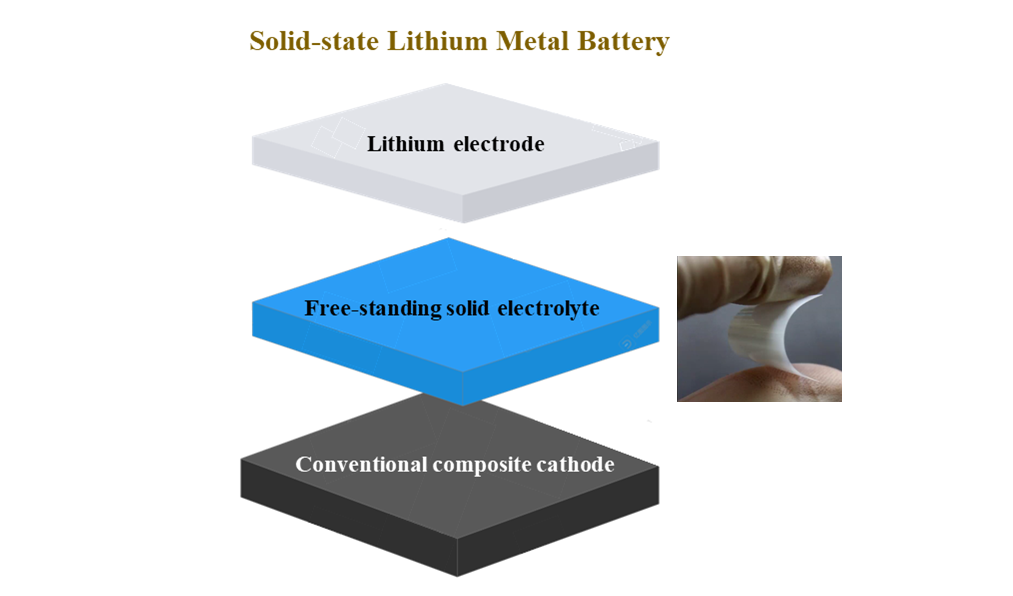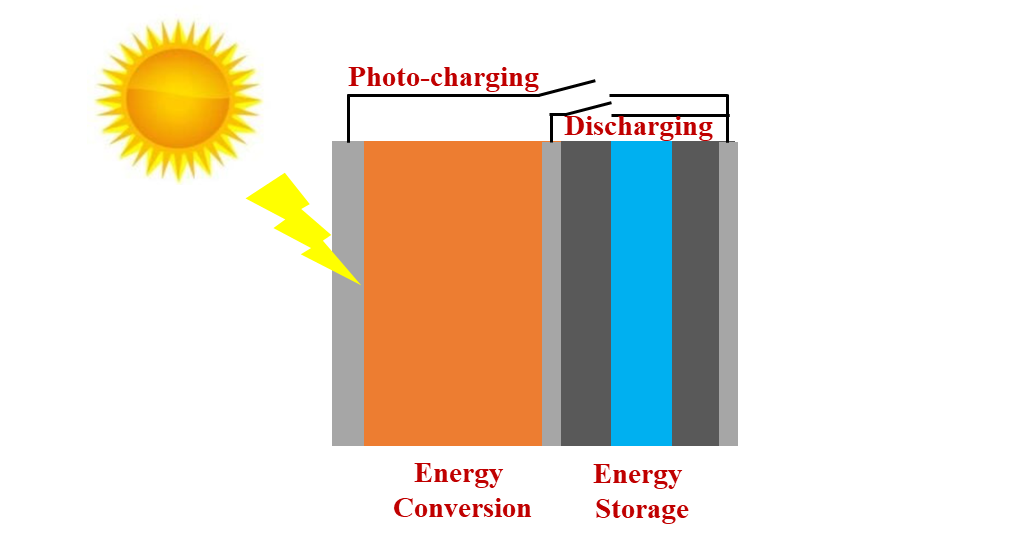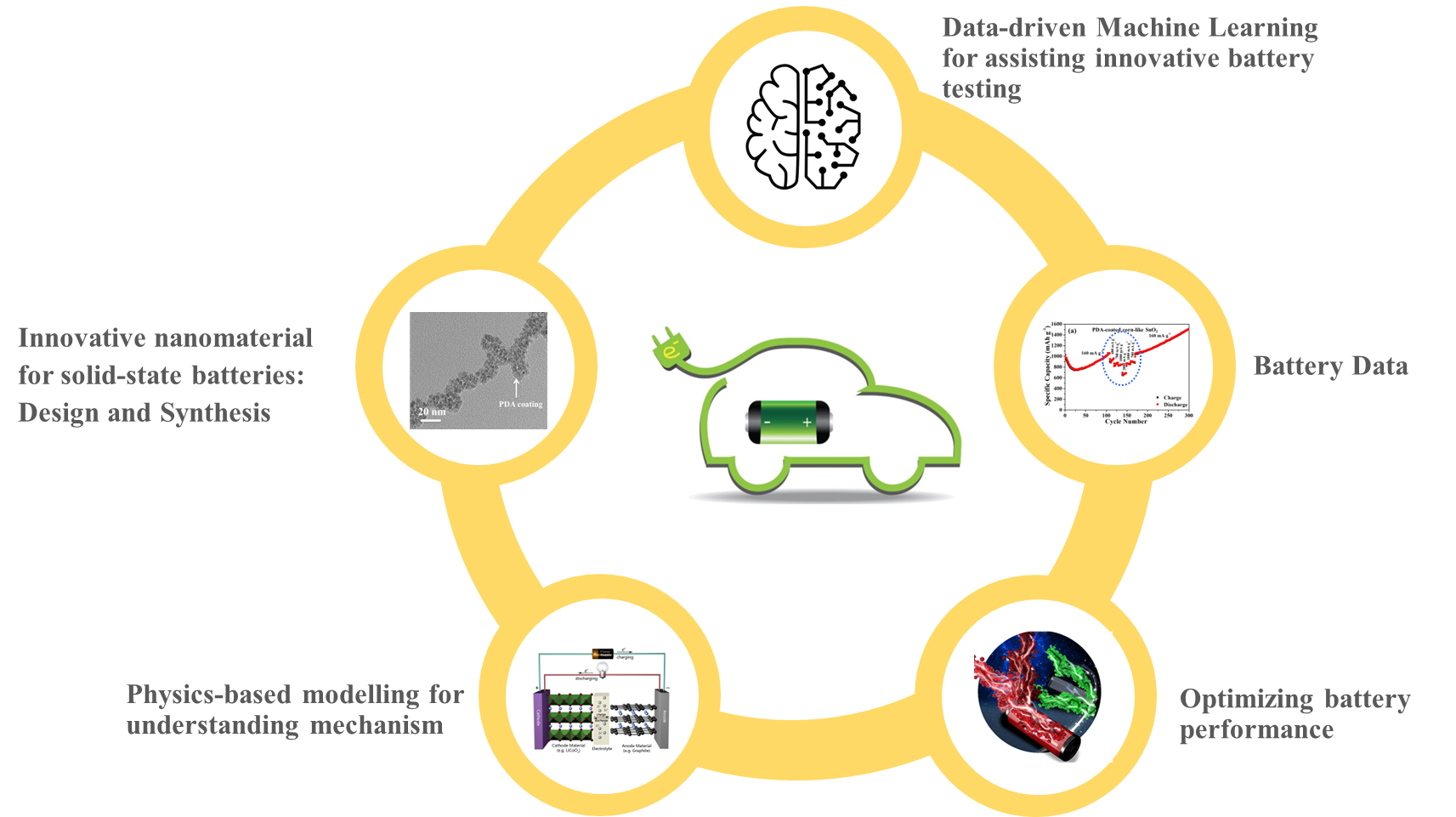Research
Solid-state Lithium Metal Batteries (Energy Storage)
Current widely used rechargeable lithium-ion batteries (LIBs) contain liquid electrolyte composed of lithium salt mixed in a mixture of organic solvents, which is highly flammable and can cause other issues such as leaking, extra cost on packaging, etc. Solid-state batteries (SSBs) using a solid electrolyte become one of the most promising approaches to improve the safety of lithium-ion batteries (LIBs). In addition, the mechanically robust solid electrolyte ideally allows the usage of lithium metal as anode, which can significantly increase the energy density of SSBs. However, the achievable C-rate of SSBs is still much lower than conventional lithium-ion batteries (LIBs). In our team, we are interested in improving the rate performance of SSBs and achieving high power density SSBs from the following aspects: 1) ionic conductivity; 2) interfacial engineering; 3) electrode geometry; 4) improve current uniformity, etc.

Integrated Energy Conversion and Storage Systems
In our team, we are working on integrating energy conversion (i.e. solar cells) and energy storage (i.e. solid-state batteries or supercapacitors) so that the system can simultaneously capture and store solar energy.

Li-ion battery test method development
The research on next-generation energy storage devices become a very important topic due to the increasing demand for high performance and reliable energy storage systems (e.g. Li-ion battery) in the fields of electric vehicles, biocompatible medical devices, and consumer electronics. One of the biggest challenges is to quickly test the device performance to evaluate the changes being made to the design. However, the current battery testing method can take up to months to finish, which significantly slows down the development. It is therefore urgent and necessary to improve the current battery testing methodology to meet the needs of fast development in the market for electric vehicles.










